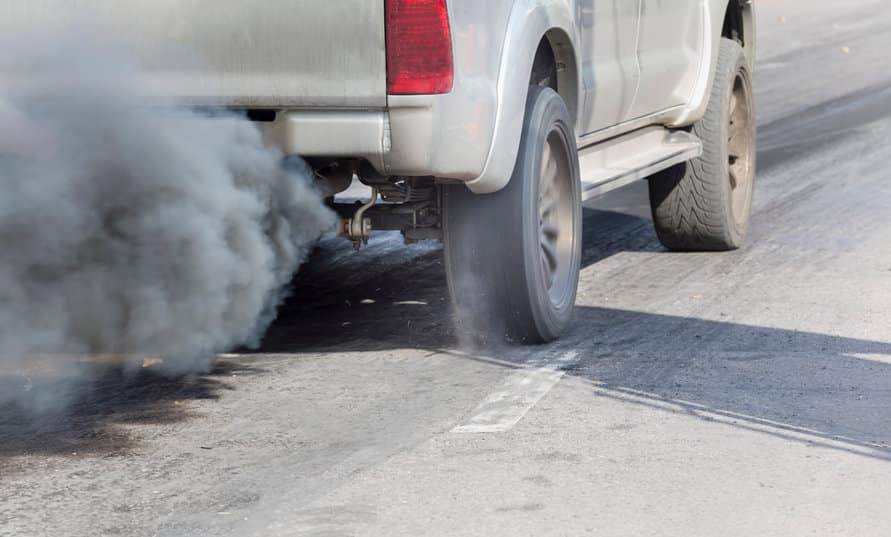By John Salak –
Some men, maybe a lot of them, are gas bags, especially compared to women. At least that’s the word coming out of New Zealand.
Researchers out of the University of Otago discovered that women use a wider array of transportation methods and generate lower greenhouse gas emissions than men, despite the fact that men are twice as likely to travel by bike than their female counterparts.
The university report came to its conclusions after studying the travel patterns of almost 50,000 New Zealanders.
One reason for the difference is that while both men and women mostly travel by car, they have distinctly different travel patterns, according to lead researcher Dr Caroline Shaw.
“Women took more trips but travelled between 12 and 17 percent fewer kilometers per day and were more likely to walk and use public transport than men. Thus, women overall had a more diverse and lower greenhouse gas emission travel profile than men,” she explained.
Men also generated more gas emissions despite being more than twice as likely to travel by bike than women, five percent versus two percent. One reason is that women also undertook more car trips of less than five kilometers each day than men, journeys that could potentially be done by bike.
The Wellington university’s research focused why and how people travel. It found that the most common reasons for travel were to accompany others, go shopping or make social visits. Men ultimately took fewer trips to accompany others or to go shopping than women. However, differences even appeared when men and women went traveling for the same reason.
“For example, shopping trips undertaken by men in New Zealand are much more likely to be done using a car than those by women,” Shaw added. This difference helps account for lower gas emissions among women.
More can be done to trim emissions, especially if a greater number of women can be encouraged to take up biking or walking, which would preclude using automobiles for short trips.
“Women are already more flexible and lower carbon travelers than men. We need to provide them with better opportunities and support to do more of this type of travel,” Shaw said.
The development of bike-friendly infrastructure that includes bicycle lanes is one element that would help.
There is also plenty of room to lower gas emissions by men.
“There are many opportunities to make men’s travel lower carbon as well; the regular commute is the perfect trip to replace with cycling or public transport as it is predictable and regular,” Shaw added, noting that lowering emissions this way is win-win. Commuters save money and become healthier by biking or walking, while Mother Earth get an environmental boost.











